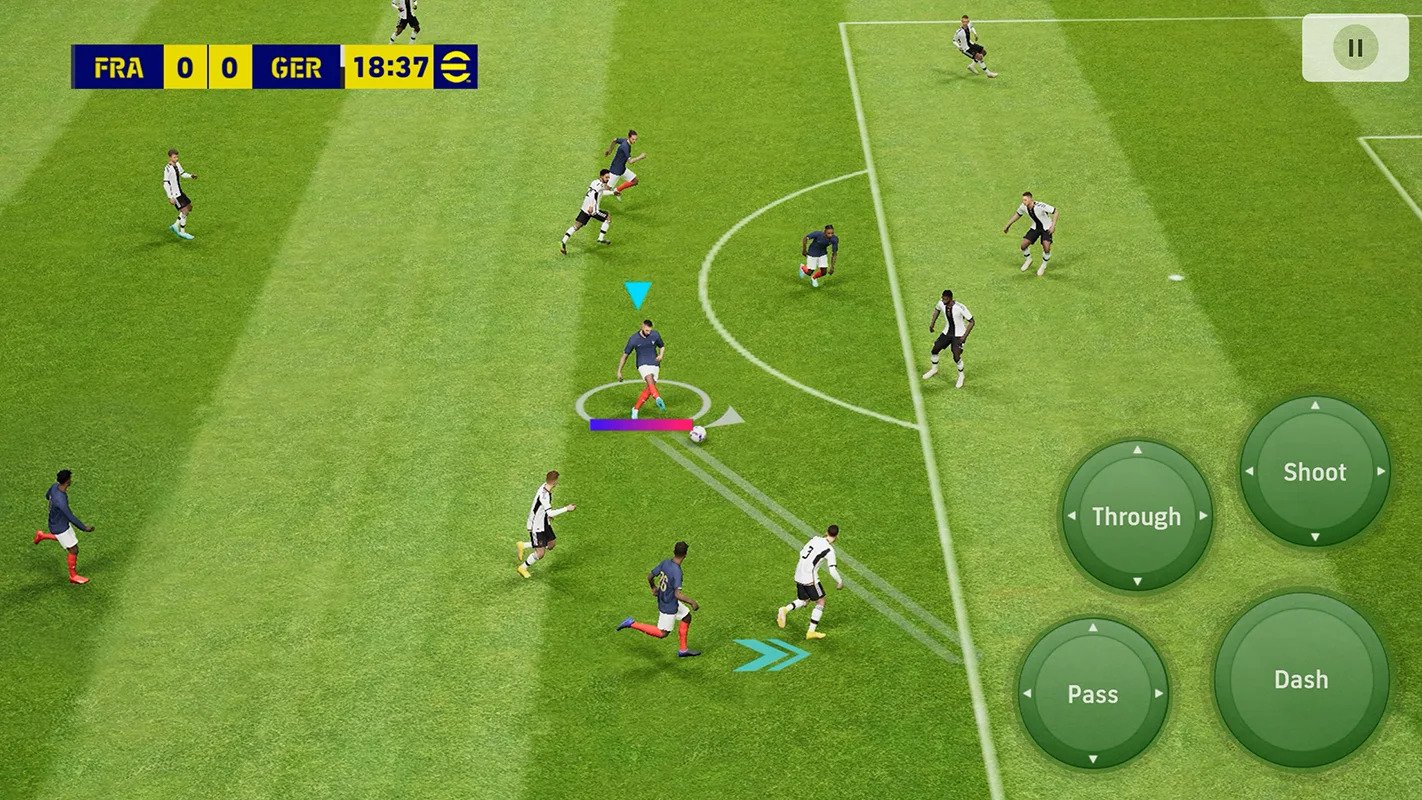
Managing the complexities of collecting child support can be a daunting experience for many parents. Understanding your rights and duties is essential to guaranteeing that your child receives the financial assistance they require to thrive. Whether you are the primary caregiver seeking payments or the non-primary caregiver fulfilling your obligations, awareness is key when it comes to effectively addressing issues related to child support.
Collecting child support is not just about funds; it is about ensuring a secure and supportive environment for kids. It involves legal matters, financial planning, and frequently challenging conversations. This guide aims to equip you with vital information and applicable tips, helping you navigate the ins and outs of collecting child support, so you can focus on what truly matters—your child’s happiness.
Comprehending Child Financial Support Fundamentals
Child support is a fiscal duty that a non-residential parent must meet to aid to the upbringing of their offspring. The main aim of child support is to make sure that the child’s fundamental necessities, such as meals, wear, and shelter, are satisfied. The total of support is typically calculated by local laws, which consider the incomes of both parents and the necessities of the offspring.
The process of establishing child support typically begins when the parent with custody files a application with the judicial system. This can take place during separation actions or as a independent proceeding, especially in cases where parents were not wed. Once the petition is submitted, the legal authority assesses the economic situations of both guardians to determine a fair support total that aligns with the state’s criteria.
Furthermore, it’s essential to recognize that child support is not just about financial contributions but may further involve coverage of medical bills, educational costs, and other costs associated with the child. Making sure that both guardians understand these responsibilities is vital for the well-being and maintaining a positive co-parenting dynamic.
Proven Methods for Collection
To guarantee efficient collection of child maintenance, it is essential for parents to keep transparent dialogue with the co-parent. Building a collaborative connection can facilitate easier transactions and reduce issues. Frequent conversations about monetary obligations can help both parents remain aligned with their obligations and address any arising issues before they escalate.
Utilizing structured channels can also improve the likelihood of obtaining punctual payments. Individuals should consider enrolling in their region’s child maintenance enforcement program, which provides various resources to ensure compliance. These services can track payments, start wage withholding, and even take legal steps against irresponsible parents, thereby adding a layer of security to the collection process.
Finally, staying orderly and holding thorough records can create a significant difference. Guardians should document all communication regarding financial affairs, maintain copies of invoices or agreements, and monitor payment transactions diligently. This information can function as essential evidence if disputes happen and can simplify the process when legal measures become necessary.
Law Resources and Guidance
When navigating the nuances of child support enforcement, having availability of legal resources can be essential. Typically, state-specific laws define how child support should be set up and executed. Government portals provide important information about these laws, outlining the rights of both custodial and non-custodial parents. Educating yourself with these rules can enable you to take the necessary actions toward ensuring appropriate support for your child.
In addition to state support, legal aid entities can extend assistance to parents who may need help with child support enforcement cases. These organizations often provide no-cost legal services, helping parents comprehend their rights and obligations. They can walk you through the procedure of submitting necessary documents and stand by you in court if needed. Don’t wait to reach out to these entities, as they can be a vital support system when dealing with child support matters.
Finally, many local courts have self-help centers or family law facilitators available to assist parents navigating child support cases. These centers can provide access to forms, instructions on how to file them, and information about court protocols. Utilizing these aid can help facilitate the child support collection process, making it less overwhelming. By leveraging both legal aid and court services, parents can boost their chances of successfully collecting owed support, ultimately enhancing their children’s well-being.




























